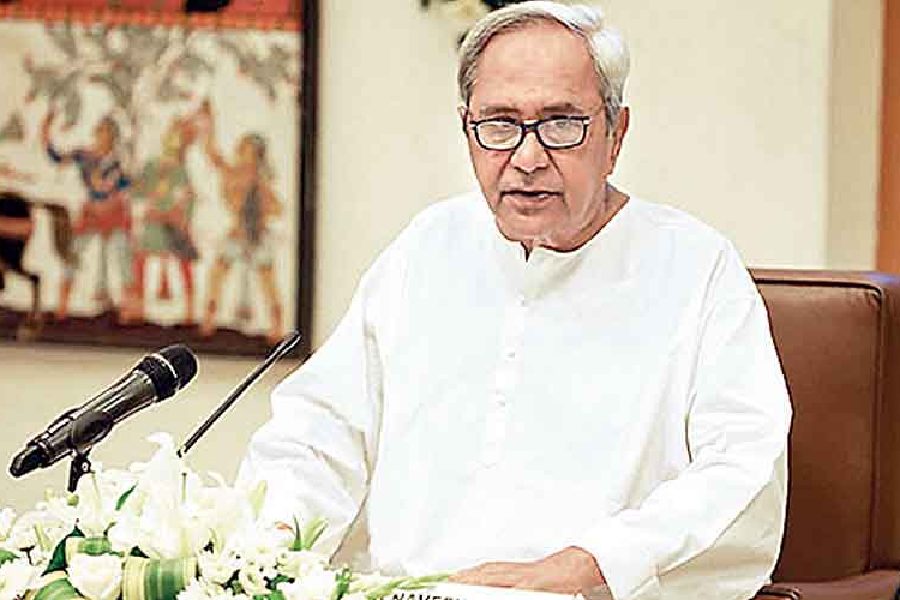The Odisha government on Friday launched the third phase of the Biju Swasthya Kalyan Yojana (BSKY).
In this phase, the BSKY card (cashless card) will be known as BSKY Nabin Card.
Announcing the scheme, chief minister Naveen Patnaik in a statement said: “We are now launching the third phase of BSKY, where all left out families of rural areas of our state will be assured of cashless care in private hospitals, for critical ailments.”
He said: “In this phase of expansion, all rural families of Odisha (except regular government employees and income tax payees), who are presently not covered under the BSKY, will be eligible to receive the BSKY Nabin Card. This will entitle them to cashless care of Rs 5 lakh per annum (upto 10 lakh for women members of the family), in empanelled private hospitals both inside and outside the state, for identified critical illnesses.”
The Biju Swasthya Kalyan Yojana was launched five years ago to provide health assurance to the people of Odisha. The BSKY coverage is being expanded phase-wise to provide comprehensive health protection to the entire population of the state.
In the first phase of the BSKY, all services in public health facilities were made free of cost for all persons, irrespective of income or residence. In the second phase, the BSKY provided cashless healthcare in private health facilities for all ration card holders.
Under the BSKY, over 45 lakh persons receive free health care every month at public health facilities in the state, while 1.3 lakh persons receive cashless care.











